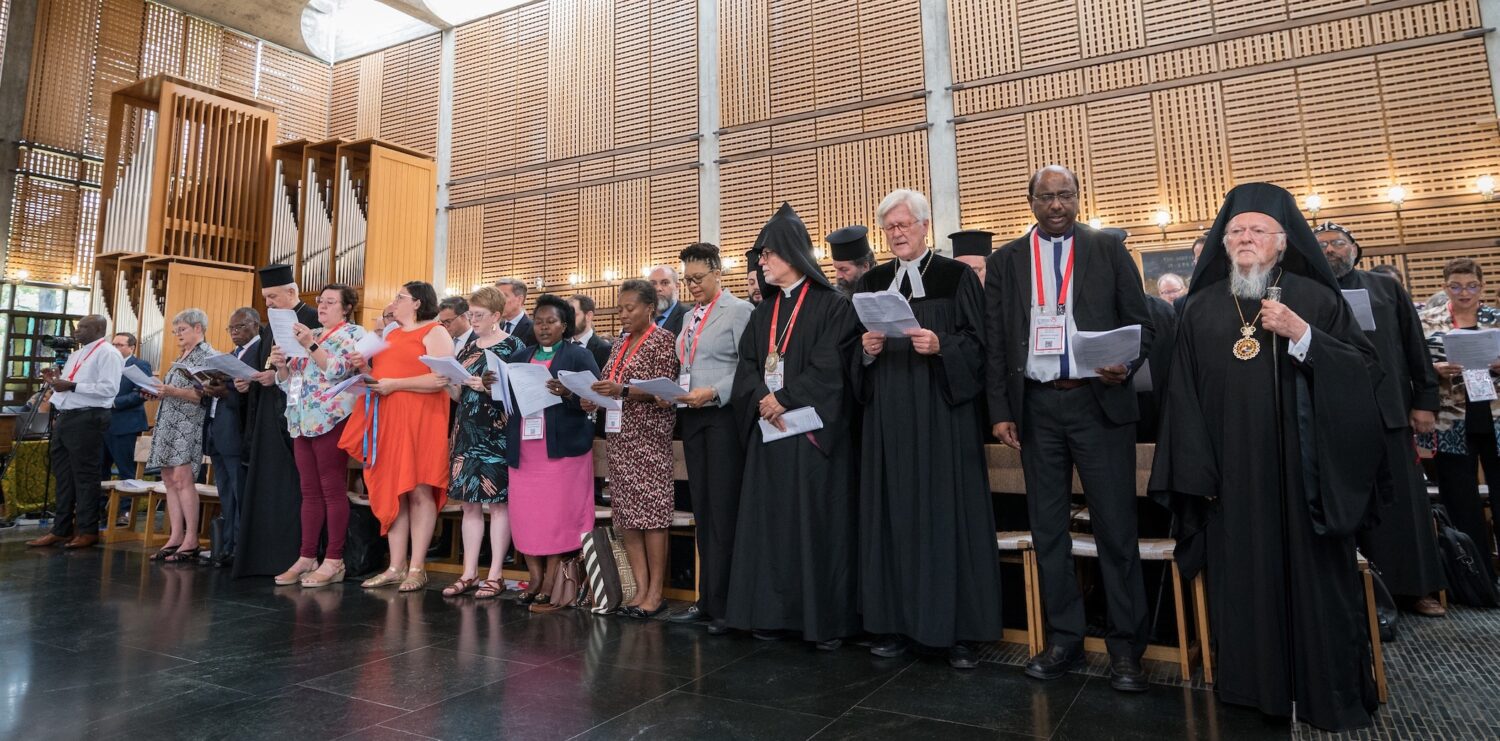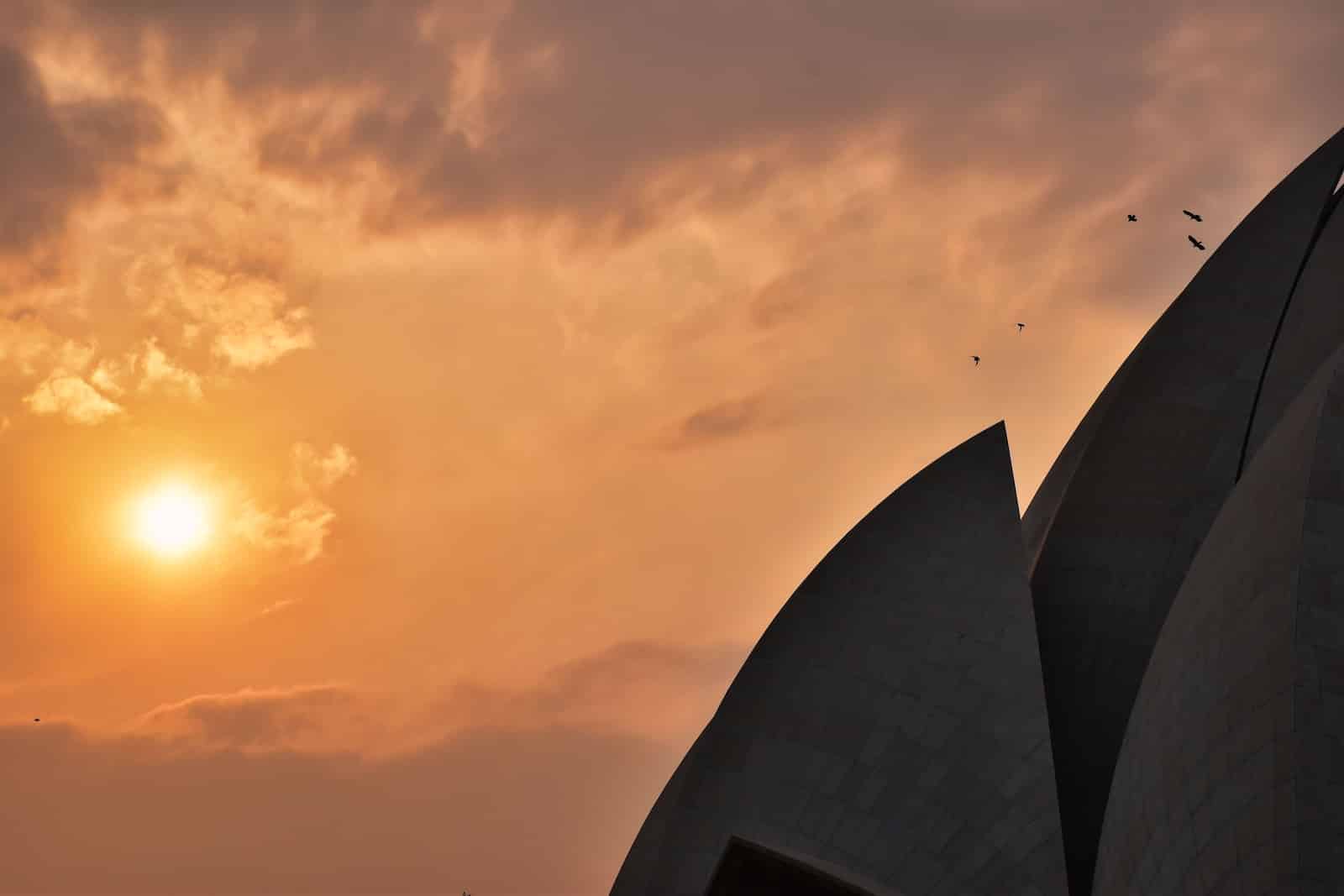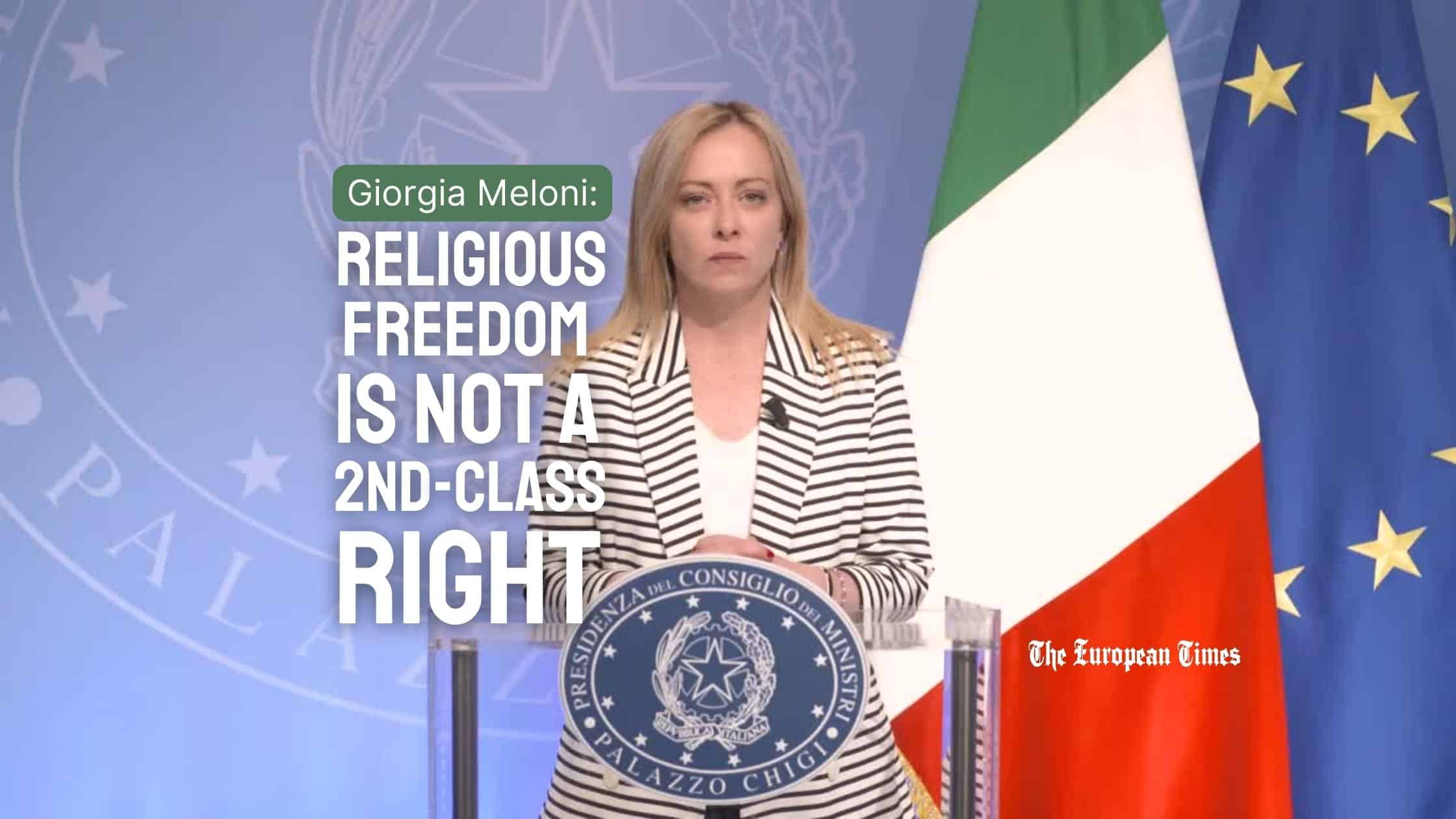By Martin Hoegger, Lausanne, Switzerland
Geneva, June 21, 2023. In his sermon, during the opening celebration of the central committee of the World Council of Churches, Patriarch Bartholomew (Orthodox Church, Constantinople) did not go easy on it. He criticized ” the Church’s alignment with the aggressor state led by Patriarch Cyril.” He sees in this position “a sharp and grievous reality (which) has already caused generational harm to the future of Orthodox Christianity in the Slavic Lands”. He prays for “an end to the needless and heedless politicization of the Church in Russia. We cannot, and we must not allow the weaponization of our Christian faith to become the norm”.
Immediately after worship, Lutheran Bishop H. Bedford-Strohm, moderator of the central committee, puts on gloves. For him, if the WCC cannot remain silent on injustice and has condemned the war in Ukraine from the start, it has above all a vocation of reconciliation. “If we as churches are not even able to build bridges in conflicts where both sides consider themselves Christian, who else? If we did not even try, if we just duplicated the hostile activities of the parties fighting against each other, what would we as churches be good for? We would betray our Lord Jesus Christ of whom the Letter to the Ephesians says: “Christ is our peace” (Eph. 2:14)!” Indeed, from the very beginning, 75 years ago, the WCC has been on this path, he said in his address to the central committee.
That is why, led by its general secretary Jerry Pillay, a WCC delegation visited the Orthodox churches in Ukraine and Russia to see how these churches could contribute to the restoration of peace. He invited them to a round table to be held in Geneva this year. Invitation which the Churches have accepted.
Fernando Enns, delegate of the Mennonite Church to the central committee supports this approach. He believes that the vocation of the Church is to heal broken relationships. “We must invite around the table the other Churches of the two countries, NOT ONLY the Orthodox. Also, women, not just men because they are much more concerned with relationships”, he said.
Calling all churches to constant prayer for peace
J. Pillay emphasizes “the role and responsibility of Christians in relation to armed conflict and threats of armed force, the biblical call to be peacemakers, and concerns about the misuse of religious language and of religious authority to justify or support armed violence and invasion”.
Above all, the Secretary General calls on the Churches of the whole world to pray for God’s intervention in this dramatic situation, because Christians cannot content themselves with a political analysis. They must open the Scriptures where Jesus calls us to peace. “Praying together constantly reminds us that we are called by God to fulfil his mission in the world. Prayer allows us to feel permanently centred, focused, and encouraged …It gives us the wisdom, the energy, and the inspiration to make a difference”.
Prayer is also essential to support the proposal to invite Ukrainian and Russian Orthodox around a table. This raised some questions in the assembly. Is it realistic, too optimistic? Currently no change of attitude is observed on the part of the leaders of the Russian Orthodox Church. How to put them around a table in a context of hot war? Especially since the Russian delegation to the central committee felt insulted by the words of Patriarch Bartholomew.
Bedford-Strohm is convinced of this: we must try to organize this round table. No one knows the outcome of the dialogue, but it is certain that this effort will not be in vain. This is why prayer is essential. “At the WCC assembly in Karlsruhe we prayed and that unblocked the situation. Prayer brings us back to our primary loyalty which is Christ. When we realize this is not the case, for example when primary loyalty is to a government, we need to call out to each other. Jesus Christ is our basis and nothing else”.
For J. Pillay, one should not speak of optimism, but of faith. In Karlsruhe, the WCC declared this war immoral, illegal, and unjustifiable. But that does not mean that we should remain inactive. Little has been done to find a solution to this very complex conflict. “It shows the need for churches to engage. But our basis must be the Gospel and Christ’s call to peace”.
Picture: Opening prayer in the Chapel of the Ecumenical Center in Geneva / WCC-Hillert














